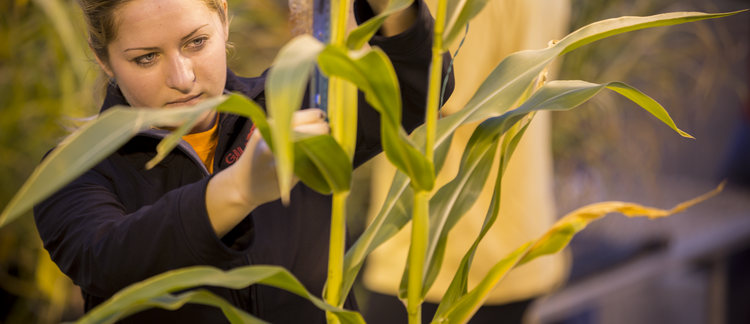Abstract
In 1938, C.E. Leighty described crop rotation as “the most effective means yet devised for keeping land free of weeds.” Despite the accumulation of a considerable amount of evidence to support this assertion, little has been learned over the past six decades about why, mechanistically, cropping system diversity suppresses weeds. The field experiment and modeling work described here were initiated to address this issue and focused particularly attention on the question of whether diverse rotations can achieve effective weed control through greater reliance on ecological interactions, such as seed predation, rather than herbicides.
Keywords: Statistics, Agronomy
How to Cite:
Liebman, M. Z., Hartzler, R. G., Westerman, P. R., Menalled, F. D., Heggenstaller, A. H. & Dixon, P. M., (2004) “Velvetleaf Responses to 2-Year and 4-Year Crop Rotation Systems”, Iowa State University Research and Demonstration Farms Progress Reports 2003(1).
Downloads:
Download pdf
View PDF

